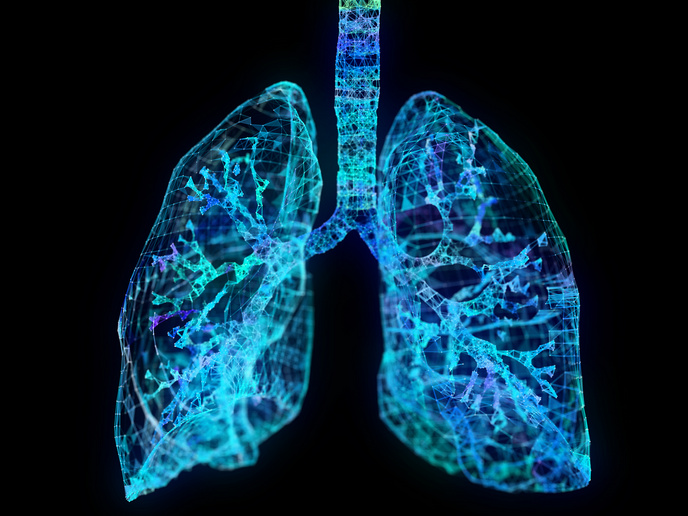Old antibiotics against highly resistant pathogens
Ventilator-associated pneumonia (VAP) is one of the most common infections acquired in the intensive care units (ICU). It is caused by Gram-negative bacilli and especially multidrug-resistant Gram-negative bacilli (MDR-GNB). Current clinical guidelines recommend a carbapenem-based antibiotic with antipseudomonal activity as an option for the initial therapy of VAP. Unfortunately, the resistance of these organisms to antibiotics, particularly to carbapenems, has posed important therapeutic challenges. The problem of antimicrobial drug resistance is aggravated by the reduced discovery and development of new antibiotics. With this in mind, the four-year EU-funded MAGICBULLET(opens in new window) (Optimisation of treatment with off-patent antimicrobial agents of ventilator-associated pneumonia (VAP)) project aimed to optimise the treatment of VAP. Researchers turned to colistin, an antibiotic discovered over 60 years ago and subsequently abandoned except in the treatment of respiratory infections in cystic fibrosis patients. Accumulating evidence indicated that colistin exhibited great antimicrobial activity in vitro against MDR-GNB, but no randomised clinical trial with colistin has ever been carried out. MAGICBULLET brought together more than 60 researchers from 35 different institutions including hospitals in Spain, Greece and Italy, which took part in the clinical trial. The goal was to compare the efficacy and safety of two off-patent antimicrobial agents, colistin versus meropenem, and determine the gold standard therapy for VAP. Results clearly supported the use of colistin as the antibiotic of choice for the empirical treatment of VAP in areas with high prevalence of MDR-GNB. Patient samples gathered in the clinical trial were assessed in terms of development of antimicrobial resistance and the specific mechanism of antibiotic use impacting the microbiome. Considerable effort also went towards the development of a rapid PCR-based test for MDR-GNB detection and for reliable procedures to determine antibiotic susceptibility. Considering that VAP is associated with increased complications, prolonged stay in ICU and excess mortality, the findings of the study have important clinical implications. Furthermore, partners believe that colistin could be administered for the treatment of other severe infections caused by MDR-GNB in critically ill patients.







